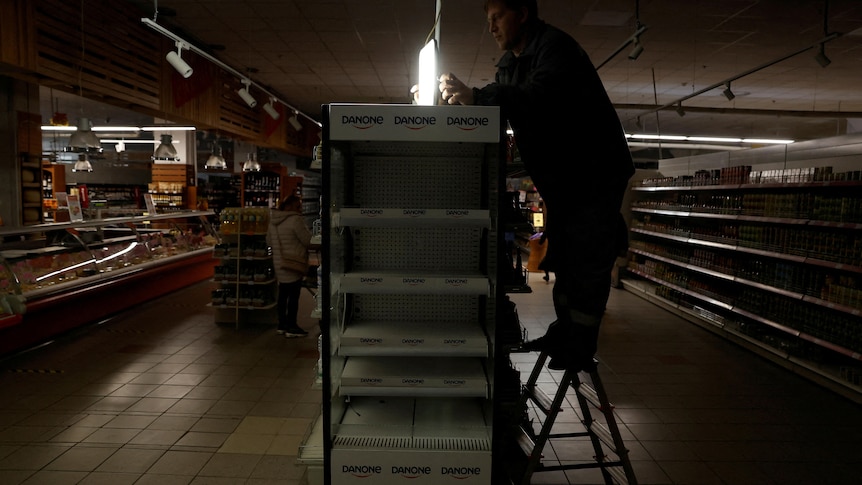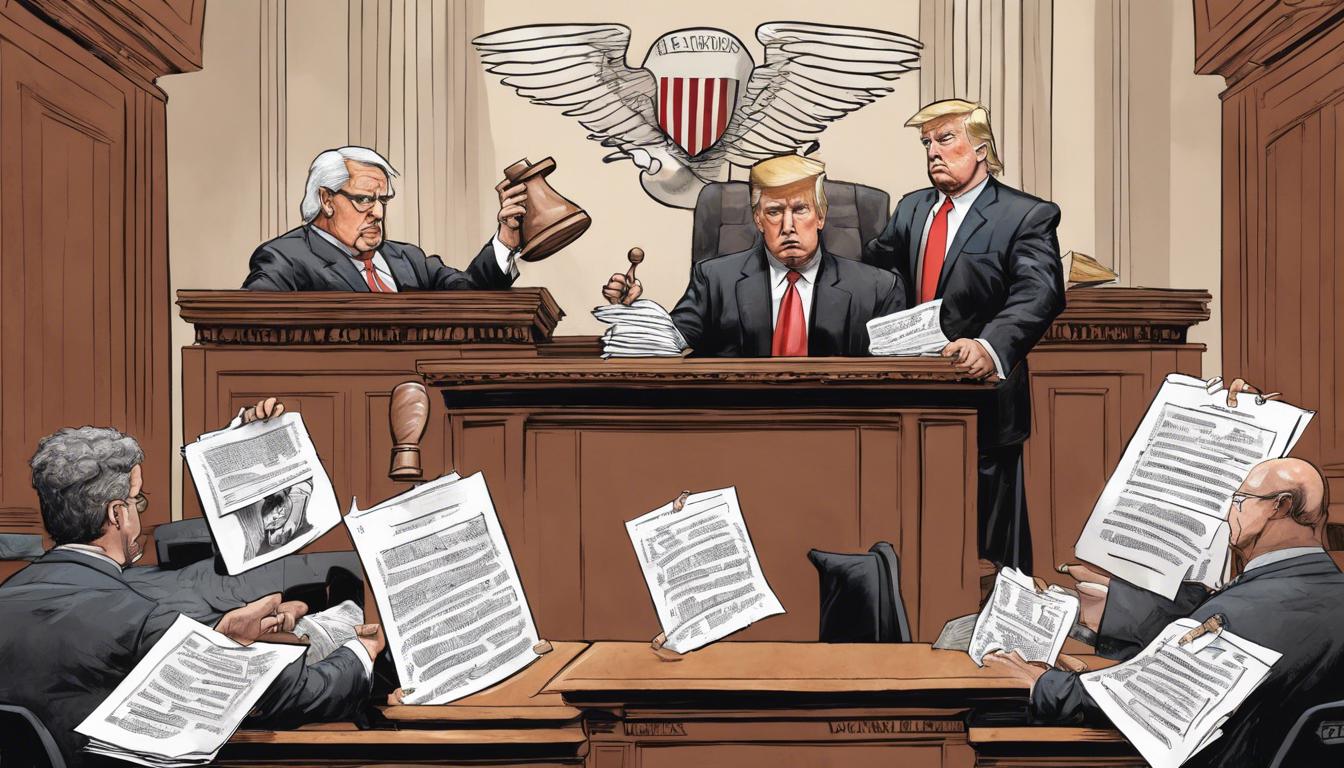Car Dealers Renew Opposition To EV Mandates: Industry Fights Back

Table of Contents
Concerns Regarding Infrastructure Readiness
Insufficient charging infrastructure remains a major hurdle for widespread EV adoption. Dealers argue that government mandates significantly outpace the development of a robust nationwide charging network, leaving consumers hesitant to switch to EVs. The lack of readily available charging options is a significant barrier, creating range anxiety and undermining consumer confidence. This is a critical issue that needs to be addressed before implementing aggressive EV mandates.
- Lack of public charging stations, particularly in rural areas: Many areas, especially outside major cities, lack the necessary charging infrastructure to support a large number of EVs. This creates a significant inconvenience for potential EV owners.
- Inconsistent charging speeds and standards: The lack of standardization in charging technology and speeds adds to consumer confusion and frustration. A unified and reliable charging network is crucial for widespread EV adoption.
- High initial cost of installing home charging units: The upfront investment required for home charging installation can be prohibitive for many consumers, further limiting the accessibility of EVs.
- Range anxiety among potential EV buyers: The fear of running out of battery power before reaching a charging station remains a significant concern for many potential EV buyers. This is directly linked to the lack of robust public charging infrastructure and the inconsistencies in charging speeds and availability.
Economic Impact and Dealer Preparedness
Dealers cite significant upfront costs associated with transitioning to EV sales and service. Training staff, updating facilities to handle high-voltage systems, and managing EV inventory present considerable challenges, particularly for smaller dealerships. These costs can significantly impact dealer profitability and threaten the viability of some businesses. The economic implications of rapid EV mandates need careful consideration.
- High cost of specialized EV repair equipment: Repairing EVs requires specialized tools and training, representing a substantial investment for dealerships.
- Need for technician retraining on EV technology: Existing mechanics need extensive retraining to service and repair EVs, adding to the financial burden on dealerships.
- Increased inventory management complexity for EVs: Managing EV inventory requires new processes and expertise, adding another layer of cost and complexity.
- Potential for reduced profit margins on EV sales: The current market dynamics suggest that profit margins on EV sales may be lower than those on gasoline-powered vehicles, impacting dealership revenue.
Consumer Demand and Market Reality
Central to dealers' opposition is the argument that current consumer demand doesn't justify the aggressive timelines of many EV mandates. Factors such as affordability, available models, and consumer preferences are often overlooked. A market-driven approach, rather than a mandate-driven one, is crucial for successful EV adoption.
- High purchase price of many EVs compared to gasoline-powered vehicles: The higher initial cost of EVs remains a significant barrier for many consumers.
- Limited selection of EV models to suit various consumer needs: The current range of EV models doesn't cater to all consumer needs and preferences, limiting market penetration.
- Consumer hesitation driven by factors beyond charging infrastructure: While charging infrastructure is a major concern, consumer hesitation is also driven by other factors, including cost, range, and available models.
- Lack of government incentives to address affordability concerns: Insufficient government incentives to offset the higher purchase price of EVs further limit consumer adoption.
The Role of Government Incentives and Support
Dealers argue that a more balanced approach is needed, emphasizing the importance of government support for infrastructure development and consumer incentives to encourage gradual EV adoption, rather than forceful mandates. A collaborative strategy that considers both technological advancements and consumer readiness is key to a successful transition.
- Increased government investment in charging infrastructure: Significant investment is needed to build out a comprehensive and reliable charging network across the country.
- Tax credits and subsidies to make EVs more affordable: Government subsidies are crucial to making EVs more competitive with gasoline-powered vehicles.
- Educational campaigns to raise consumer awareness about EVs: Addressing consumer concerns and educating the public about the benefits of EVs is essential.
- Collaboration between government, industry, and consumers to ensure a smooth transition: A collaborative approach that includes all stakeholders is vital for a successful and equitable transition to EVs.
Conclusion
The renewed opposition to EV mandates from car dealers highlights significant challenges in the push for rapid EV adoption. Addressing concerns about infrastructure readiness, economic impacts on dealerships, and aligning mandates with actual consumer demand is crucial for a successful transition. A collaborative approach involving government, industry, and consumers, focusing on supportive incentives and gradual change, is vital to navigate the complexities of the EV transition successfully. Understanding the complexities surrounding EV mandates and addressing the industry's concerns are key to achieving a sustainable and widely accepted future for electric vehicles. Let's work together to find solutions that support both the environment and the economic viability of the automotive industry.

Featured Posts
-
 Blockchain Analytics Leader Chainalysis Integrates Ai Startup Alterya
Apr 22, 2025
Blockchain Analytics Leader Chainalysis Integrates Ai Startup Alterya
Apr 22, 2025 -
 Swedens Tanks Finlands Troops A Look At The Pan Nordic Defense Force
Apr 22, 2025
Swedens Tanks Finlands Troops A Look At The Pan Nordic Defense Force
Apr 22, 2025 -
 Hegseths Signal Chat Leaked Military Plans With Family
Apr 22, 2025
Hegseths Signal Chat Leaked Military Plans With Family
Apr 22, 2025 -
 Kyiv Faces Trumps Ukraine Peace Plan A Ticking Clock
Apr 22, 2025
Kyiv Faces Trumps Ukraine Peace Plan A Ticking Clock
Apr 22, 2025 -
 Karen Reads Legal Battles A Year By Year Account
Apr 22, 2025
Karen Reads Legal Battles A Year By Year Account
Apr 22, 2025
